Paper vs. Plastic Shopping Bags: Which Should You Offer?
-
 By
American Retail Supply
By
American Retail Supply - Jan 24, 2025

The debate over paper and plastic shopping bags isn’t a new one, but it is more relevant than ever given growing investments in sustainable practices. Businesses must strike the right balance between sustainability, cost, and customer preferences. Choosing whether to offer paper or plastic shopping bags could directly impact your brand image and environmental footprint.
Dive into the differences between the two, analyzing their environmental impact, cost, and consumer perceptions. Prepare to make the right choice for your business and the planet.
Environmental Impact
Plastic Shopping Bags
Plastic bags are infamous for their environmental toll. They’re nonbiodegradable, making them a major contributor to pollution. Left in landfills, plastic bags can take hundreds of years to break down. Worse, many bags find their way into oceans and other ecosystems, harming wildlife and reducing biodiversity.
Recycling plastic bags is also challenging. With low recycling rates globally, most of them end up as waste. Despite efforts to repurpose plastics, people are still working on bolstering the limited recycling infrastructure, which leaves businesses and consumers looking for alternative options.
Paper Shopping Bags
Paper shopping bags are biodegradable and recyclable, making them an eco-friendlier option. Unlike plastic, they break down naturally, reducing their long-term impact on the environment. Additionally, many paper bag manufacturers, especially those that make brown paper bags, use recycled materials during production.
However, producing paper bags comes with its own challenges. The process is resource-intensive, requiring high amounts of water and energy. Deforestation is another concern, as trees are the primary source of raw materials. While paper shopping bags have clear advantages in end-of-life disposal, the production phase can still take a toll on the environment.
Cost Considerations
Plastic bags are typically cheaper to produce and purchase in bulk. This is one reason they’ve dominated the retail sector for so long. However, the long-term costs tell a different story. Many areas now charge environmental fees for using plastic bags, and businesses may face waste management costs associated with their impact.
Paper bags are undeniably more expensive to produce than plastic bags. The raw materials and manufacturing processes contribute to the higher cost. However, government incentives or tax breaks in areas with plastic bag bans can help offset these expenses. Additionally, some customers view paper bags as premium items, which can improve consumer perception of your brand and justify the investment.
Consumer Preferences
Modern customers increasingly value sustainable practices. Businesses seen as eco-conscious, such as those offering recyclable or reusable bags, are more likely to resonate with this audience. People favor paper bags for their biodegradable nature and eco-friendly image. These bags align well with values tied to sustainability and green initiatives.
Plastic bags, however, are convenient and lightweight, which appeals to many customers seeking durability in their purchase. They’re waterproof, making plastic ideal in wet conditions, though this utility often comes at the cost of environmental concerns.
Ultimately, meeting customer preferences can lead to better satisfaction and loyalty. Choosing the right bag helps shoppers leave with an improved perception of your brand.
Spotlight on Brown Paper Bags
Business Reasons To Consider Brown Paper Bags
Brown paper bags reflect a brand’s commitment to environmentally conscious practices. Many businesses use them to align their image with sustainability trends, which attracts eco-minded customers.
Customization and Practicality
When customized, brown paper bags carry additional marketing value, serving as mobile advertisements wherever customers take them. They come in a variety of styles and sizes, with options for printing logos to create a branded look.
Common Misconceptions
Some may assume paper bags are fragile and less practical, but advances in design and materials make them reliably durable and perfect for carrying everything from retail items to takeaway meals. These bags offer a balance of function and eco-friendliness to refute the assumption that plastic always wins on durability.
Additionally, while paper bags can cost more upfront, your transition can save money in areas banning plastic bags. You’ll also increase shopping convenience, which consumers will appreciate.
While plastic shopping bags may appear more convenient due to their flexibility, they are prone to stretching, developing punctures, and snapping, making them unreliable for certain uses. Paper bags, on the other hand, are better suited for holding sharp or rigid items without ripping as easily.
Another misunderstanding is the environmental impact of both bag options. Many assume that using plastic bags is more eco-friendly due to the energy required to produce paper bags. While paper production has its environmental costs, plastic bags often end up as litter due to their low recyclability and long decomposition periods. Paper bags, being biodegradable and made from renewable resources, offer a more sustainable alternative when disposed of responsibly.
Making the Right Choice
Deciding whether to offer paper or plastic shopping bags isn’t just about environmental considerations. It’s about aligning with your business goals, your customers’ preferences, and local regulations.
Ultimately, the debate between paper and plastic bags isn’t black and white. Each option has its pros and cons depending on the context of use and disposal practices. The key lies in educating consumers about the trade-offs and encouraging behaviors like reusing and recycling bags to minimize waste. By focusing on the bigger picture of sustainability, we can move closer to reducing the environmental impact of shopping bags altogether.
For industries where cost is critical, plastic bags may still be appealing, although we encourage you to evaluate the long-term drawbacks. Businesses with a focus on sustainability or premium branding may find that switching to paper bags offers a competitive advantage.
American Retail Supply offers a wide range of paper shopping bags that are 100 percent recycled and customizable, making them a tailored solution for conscious businesses. Evaluate your unique shopping bag needs, prioritizing sustainable strategies whenever possible. Small shifts like these can have a lasting impact on your brand and the environment.
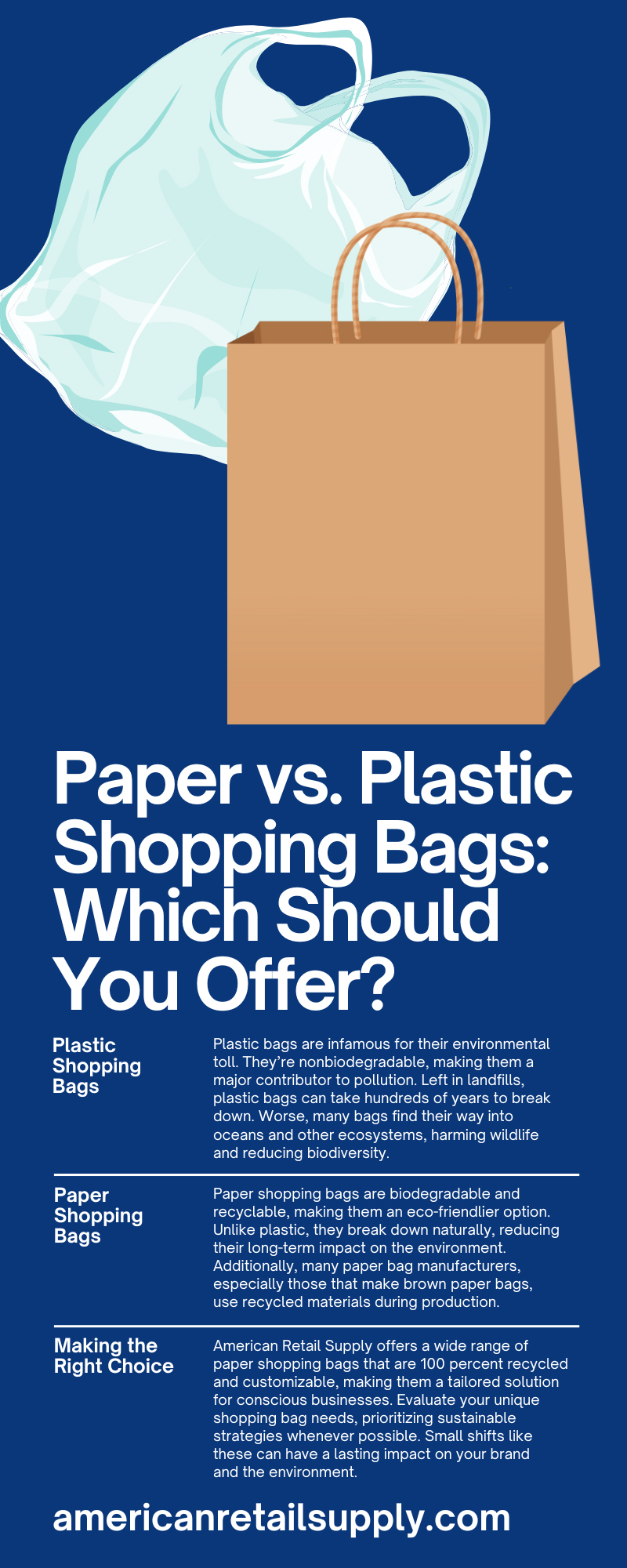






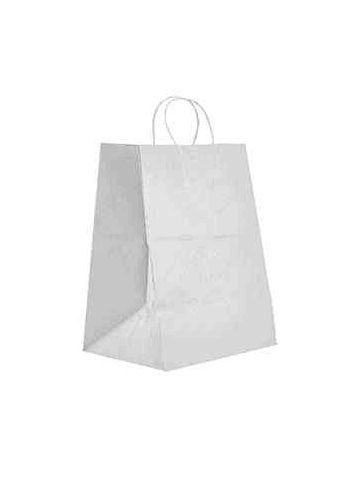

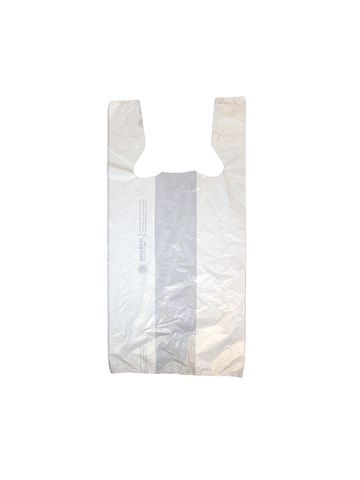
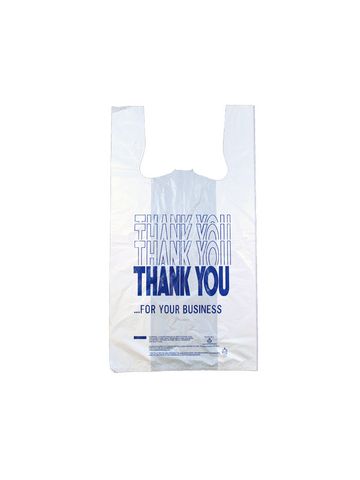
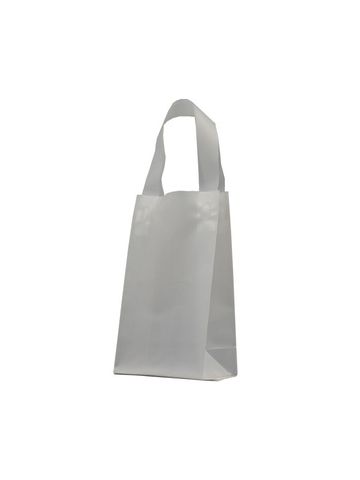
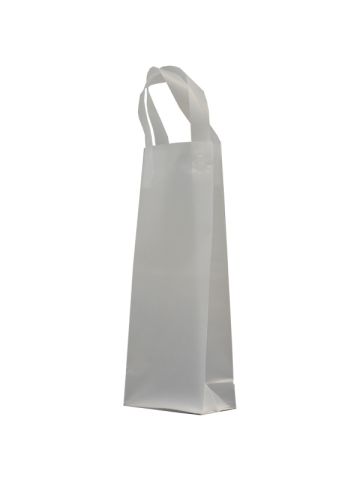
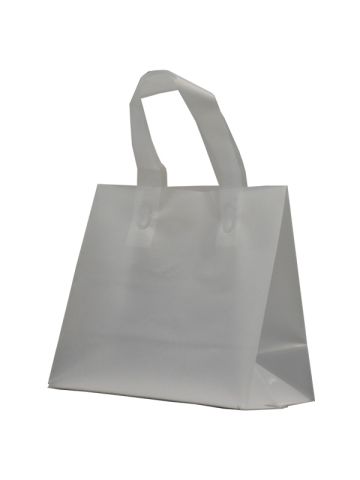
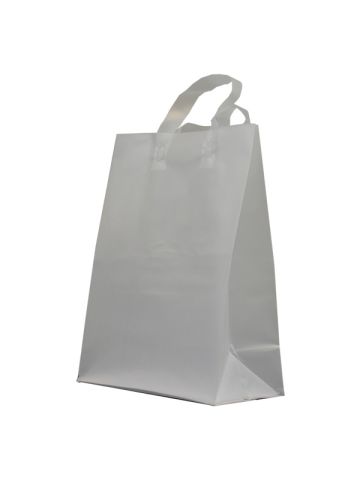






Validate your login